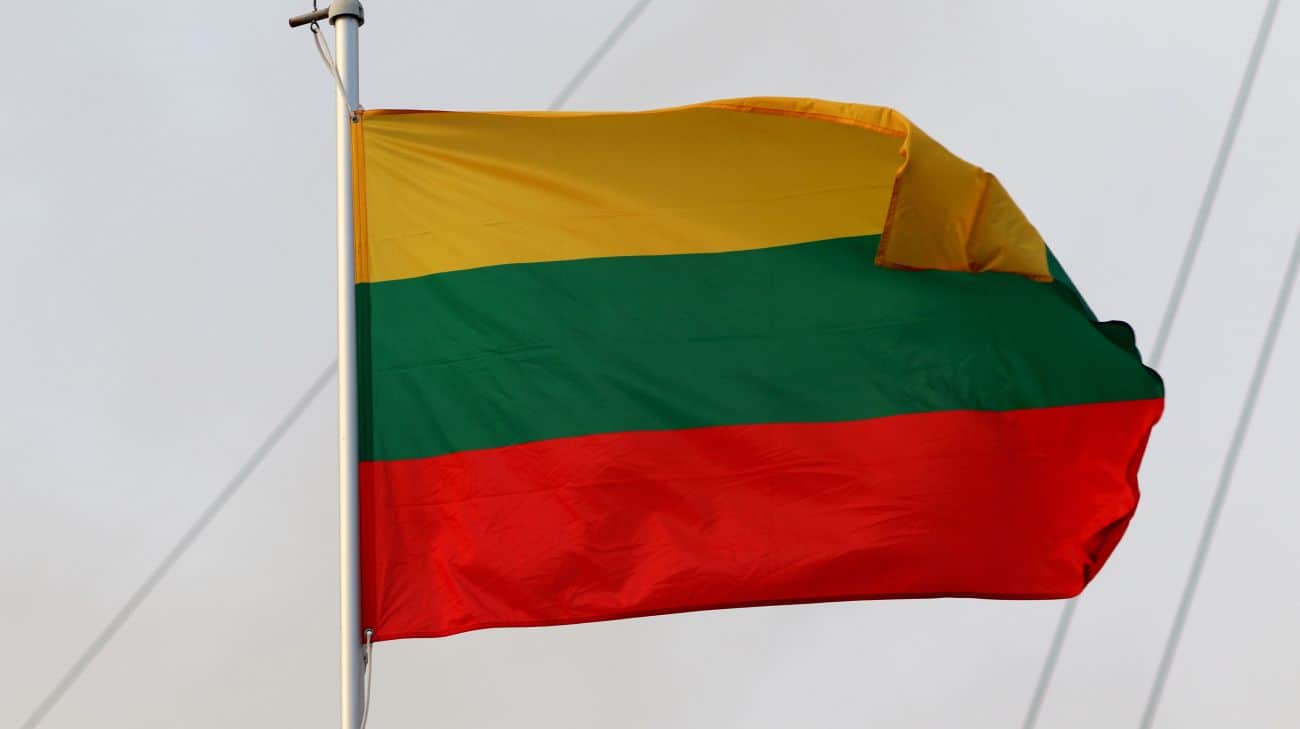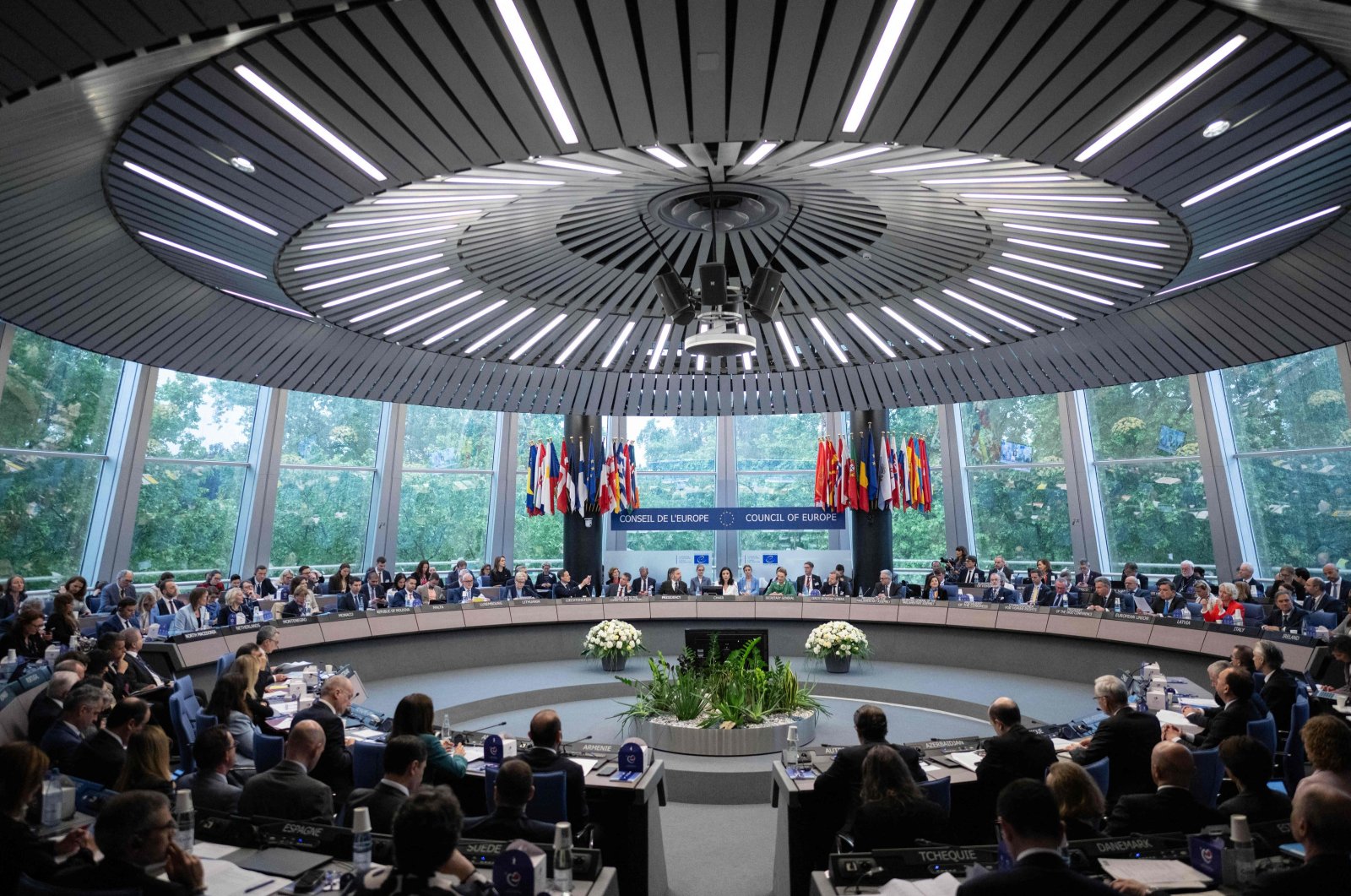World
Europe and “The Maze” of migration!!! – World News

By Dr. Nidal Shoukeir
If you were to ask anyone in Europe today about the most pressing issues occupying the minds of Europeans, the unanimous and unequivocal answer would undoubtedly be migration. This sensitive issue has managed in recent years to overshadow numerous fundamental concerns such as purchasing power, unemployment, security, health, education, and many other important issues.
Naturally, with the European elections just weeks away, where a new European Parliament will be formed, interest in this pivotal issue has increased widely and incessantly. The migration issue has become the most significant electoral issue for various European parties, especially far-right parties, which have taken as a shortcut to reach a wide swath of voters and thus to the ballot boxes.

’25 virgins’ and a meticulous hunt: Kim Jong Un’s ‘Pleasure Squad’ is as unsettling as it gets

Is Pakistan Army still interfering in country’s politics and judiciary? Here’s what Pak Army chief says

Germany is encouraging genocide in Gaza by sending arms to Israel: Nicaragua; Here’s what ICJ says

Boeing whistleblower Joshua Dean dies at 45 due to ‘sudden, fast-spreading infection’
The migration issue in Europe has quickly become the central focal point for various other issues, the main intersection and overlap between them. For example, it is impossible today to discuss European economic problems without addressing the issue of migration and its significant repercussions. Similarly, the issue of European security and the accompanying fears and concerns cannot be examined without taking into account the significant role of the migration file in this discussion. In fact, this applies significantly to other issues such as health, education, and many other important topics.
Faced with this challenging reality, Europeans have resorted to employing all available means to comprehend this issue and mitigate its consequences. From this perspective, many of the 27 countries in the European Union have attempted in recent years to take unilateral and individual measures to address the sensitive issue of migration, yet they have not achieved any tangible successes. Many of these measures have been impractical, often driven by propaganda and populism, and, most importantly, they fail to offer the necessary solutions.
In the same context, many European institutions have intensified their efforts since 2015, when record numbers of migrants arrived in the union countries, with the aim of developing policies acceptable to the various European political spectrums and containing the new situation the Union finds itself in. Indeed, over the past ten years, some timid and ineffective measures have been taken that do not rise to the level of the existing challenges. Moreover, the European Parliament recently approved the “Migration and Asylum Pact” after extensive negotiations and disputes spanning over 9 years. Europeans are pinning high hopes on this pact. But in reality, it does not seem capable, according to many experts, of solving even a small part of the migration dilemma in Europe.
Certainly, today no one is satisfied with the outcome of these numerous European measures, to say the least, they are disappointing. Unfortunately, the situation worsened over time; rather than resolving migration problems, these measures have significantly exacerbated them. The primary reason for this complicated reality lies in structural and organizational problems in managing solutions and policies within the European Union institutions. How can 27 European countries with different needs, diverse views, and varied problems reach a consensus on unified yet conflicting migration policies? And how can “entrance countries” of migrants, “transit countries,” and “receiving countries” agree on policies with unified objectives? More importantly, how can countries far removed from migration problems be persuaded to accept importing these problems only for the sake of European solidarity?
Yes, the main problem today is that Europeans, due to their wrong policies and approaches to the migration issue, have put themselves in a complicated, if not extremely complex, “maze.” Thus, they find themselves spinning and circling within this maze repeatedly with policies and solutions that are not serious and not realistic, always leading them to dead ends. Faced with this situation, there are no solutions for Europeans except to urgently move at the strategic level and quickly change their current approach based on three main principles: stopping the flow of migrants, relying on neighboring countries, and paying money to solve the migration problem.
Fundamentally, the new approach must focus on self-reliance in controlling migration. This means that Europe must immediately stop paying billions to neighboring countries to be a “temporary barrier” between it and illegal migrants; especially since some countries have used this issue as a bargaining chip against Europe. In parallel with this step, Europe, which is in dire need of labor, must open its doors wide to illegal migrants. Legislation and facilitation of the entry of these individuals to work on European soil legally is the only step capable of radically eliminating illegal migration. But of course, this facilitation must be met with strictness and firmness in procedures for “obtaining citizenship” and “social benefits” that are very generous and tempting for anyone considering migration to Europe.
Pope Francis said in his message for the World Day of Migrants and Refugees on September 3, 2014, “It is necessary to respond to the globalization of migration with the globalization of charity and cooperation, in such a way as to make the conditions for migrants more humane,” and this is exactly what Europe needs today in dealing with this issue. We have already begun to see some efforts moving in this direction, such as the “Work Corridors” project undertaken by the Catholic community of “Saint Egidio” with the Italian government. It is an ambitious and courageous project that seeks to give some the opportunity to be legal workers whom Europe benefits from, instead of becoming illegal migrants suffering and burdening European countries.
To be honest, we say that the situation today has reached a very advanced stage of complexity, and in my opinion, there is no way out of this situation except by confronting it honestly, realistically, and rationally, far from excessive idealism. The first thing that Europe must confront today is to recognize that the main obstacle to any comprehensive solution to the migration dilemma is many of its attractive principles and slogans for migrants; such as the right to asylum and equality in social benefits, and many others. Therefore, Europeans today, if they want to get out of this reality, must make a difficult and bitter choice, which is to sacrifice some of their principles or the possibility of solving the migration issue. Will Europe choose to sacrifice some of its principles, or will it choose to remain trapped in the “maze of migration”?
The author is Professor of Strategic Communications and Governmental Relations.
Disclaimer: Views expressed are personal and do not reflect the official position or policy of Financial Express Online. Reproducing this content without permission is prohibited.










